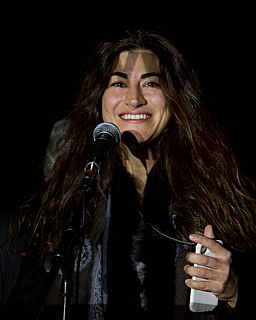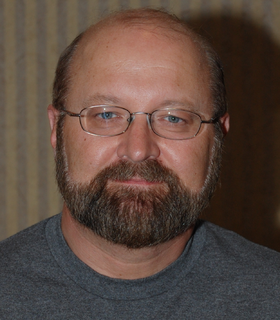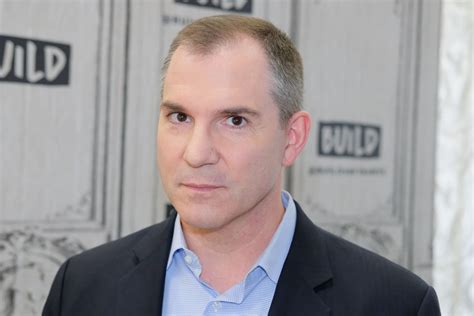A Quote by John Dufresne
Writing a story, you understand, is not done by consensus. But we do learn from each other, and we remind ourselves how important this work we're doing is.
Related Quotes
As the world is getting smaller, it becomes more and more important that we learn each other's dance moves, that we meet each other, we get to know each other, we are able to figure out a way to cross borders, to understand each other, to understand people's hopes and dreams, what makes them laugh and cry.
For me, writing is a job. I do not separate the work from the act of writing like two things that have nothing to do with each other. I arrange words one after another, or one in front of another, to tell a story, to say something that I consider important or useful, or at least important or useful to me.
For me, writing is a job. I do not separate the work from the act of writing like two things that have nothing to do with each other. I arrange words one after another, or one in front of another, to tell a story, to say something that I consider important or useful, or at least important or useful to me. It is nothing more than this.
Each story presents a mystery that has to be solved in the process of writing. When I'm at work on a story, I'm completely immersed in that world and in the lives of those characters; they're utterly real to me. Then, when I've completed the story, it all just falls away. The whole compulsion to understand is over.
One of the remarkable qualities of the story is that it creates space. We can dwell in a story, walk around, find our own place. The story confronts but does not oppress; the story inspires but does not manipulate. The story invites us to an encounter, a dialogue, a mutual sharing. As long as we have stories to tell to each other there is hope. As long as we can remind each other of the lives of men and women in whom the love of God becomes manifest, there is reason to move forward to new land in which new stories are hidden.
Writers and reporters need to remind themselves they're not to be judged solely by the number of clicks or eyeballs on a given story, but there is this other value and this other important mission, and the key is balancing the two so that you stay alive long enough, whether you're an individual writer or whether you're a whole news organization, to keep doing what you're doing but that you don't get so driven by that that you forget that what you're supposed to be doing in a higher sense is informing people, is elevating the debate and not lowering it.


































